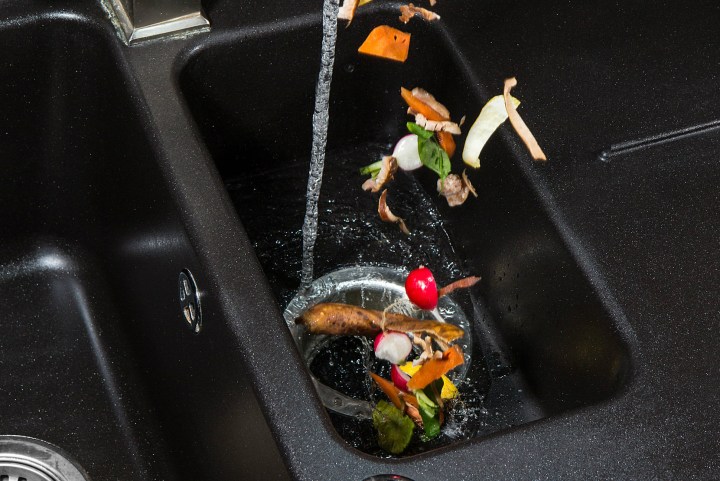
Invented by John W. Hammes in 1927, garbage disposals are fairly uncommon outside the United States. But in the U.S., about half of all households have one. Most of the time they seem to take care of themselves — and your food waste. Yet there are some things that definitely shouldn’t go down the drain.
There’s an order of operations when using the garbage disposal: turn on the cold water, turn on the disposal, add the food, turn off the disposal, then let the water run for several seconds to flush out the system. If you use hot water when the disposal is in use, grease could liquefy only to solidify in the pipes and cause a jam. That’s why you shouldn’t put grease in the disposal in the first place, of course. Similarly, adding water to pasta or rice makes the food expand into a clogging blob, so don’t dump that risotto in the disposal.
Also on the no-no list are fibrous foods that can tangle up in the blades, like celery and artichokes. This is the same reason eggshells shouldn’t go in, either: that stringy membrane. And you should toss your fruit pits instead of trying to grind them to a pulp. Interestingly, Insinkerator, the company started by inventor Hammes, claims its high-end model can handle bones, pits, and celery just fine.
To clean your disposal, Chow recommends using it to grind two cups of ice and a cup of rock salt together. If the scent of dinners past is haunting your sink, you can pour a half cup of baking soda and a half cup of vinegar down the drain. After it sits for a few minutes, the scent of your sink should be returned to its former glory.


